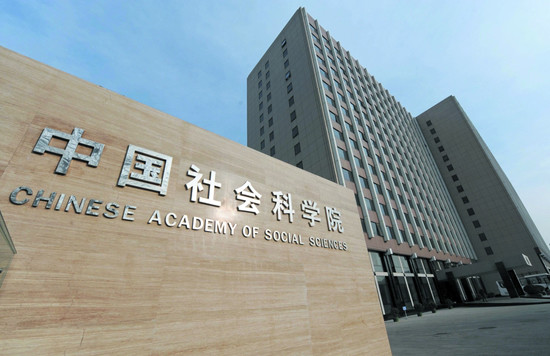Chinese Reactions to the Brazil Protests
Protests in Brazil are currently the focus of discussion and debate within Chinese government institutions.
China has been a critical economic partner for Latin America over the past two decades and will continue to be a top trade partner and an important source of investment for many countries in the region. During the January 2015 China-CELAC forum, Xi Jinping promised $250 billion in direct investment stock within ten years and $500 billion in trade with CELAC nations. This year is also shaping up to be a big one for Chinese lending in LAC.
Despite China’s success in developing strong economic partnerships in LAC over the past few years, the path ahead won’t be entirely smooth. China’s extractive sector deals have already met with some resistance at the community level. Chinese firms are likely to encounter even more in the coming years as additional projects come online. China’s Yasuní deal alone would seem a veritable minefield.
More deals in contentious sectors will have Chinese firms and officials working overtime to cultivate a peaceful, cooperative, and socially responsible image in Latin America. The smartest firms will hire local advisers and learn from success stories, such as Chinalco’s Toromocho project. Chinalco is China’s poster child for good community relations in Perú.
It’s not only China that is prone to public relations missteps, however. As China and LAC draw closer together, Chinese are also reacting to Latin America’s occasional blunders.
The Chinese backlash following Mexico’s suspension of a high speed rail project is one example.
In early November 2014, Mexico revoked a prestigious railway deal with a consortium of Chinese and Mexican firms. For China, which is actively seeking to export increasingly high-tech products and services, Mexico’s about-face was an awkward development, especially considering that this deal was highly publicized in the Chinese media. The Chinese government expressed considerable regret about Mexico’s decision, stating that Chinese firms hadn’t been treated fairly.
Chinese also took to Weibo, China’s Twitter/Facebook hybrid, to condemn Mexico’s perceived dishonesty and caution against future dealings with the Latin American nation. Some even urged China to impose economic sanctions on Mexico, or at the very least to avoid investment and cooperation deals with Mexico in the coming years. The project was later suspended due to economic constraints, prompting another wave of angry posts.
Somewhat surprisingly, Cristina Kirchner’s recent Twitter post mocking the Chinese accent drew relatively little attention in China, despite broad criticism of the post in other countries. Twitter isn’t widely accessible in China, which would likely account for the limited reaction. The comments that surfaced on Weibo were nonetheless fairly measured.
In general, netizens suggested that the tweet wasn’t malicious, but that it demonstrated a lack of maturity on the part of the Argentine president. Others were baffled by the timing of the post, just as Xi Jinping was planning to sign off on Chinese finance for projects in Argentina. As one Chinese netizen wrote: “I can’t imagine that she has the courage to beg for investment from China while insulting Chinese people. Why doesn’t she speak some Chinese and let us hear her pronunciation?”
Still others blamed foreign media for focusing too much on Kirchner’s “joke” tweet and not on her other social media posts, which expressed gratitude for the warm welcome and remarked on China’s impressive economic development. One Weibo user posted: “Western conspiracy again. She wouldn’t offend China intentionally at this point. Western media misinterpreted and exaggerated the issue, trying to harm the China-Argentina relationship.”
China’s relations with its top economic partners in LAC won’t be derailed by the occasional protest, project cancellation, or Twitter blunder – and certainly not by emotional Chinese netizens. But the Latin American and Chinese publics will be playing an increasingly vocal role as China-LAC relations deepen. And for Mexico, which has had a rather tenuous relationship with China, bad surprises like the railway deal cancellation can certainly damage prospects for future deal-making.
Protests in Brazil are currently the focus of discussion and debate within Chinese government institutions.
The Fernández administration’s refusal to comply with a US court order to pay holdout hedge funds has once again landed Argentina in default.
Who in China is advising on energy engagement with Latin America?

